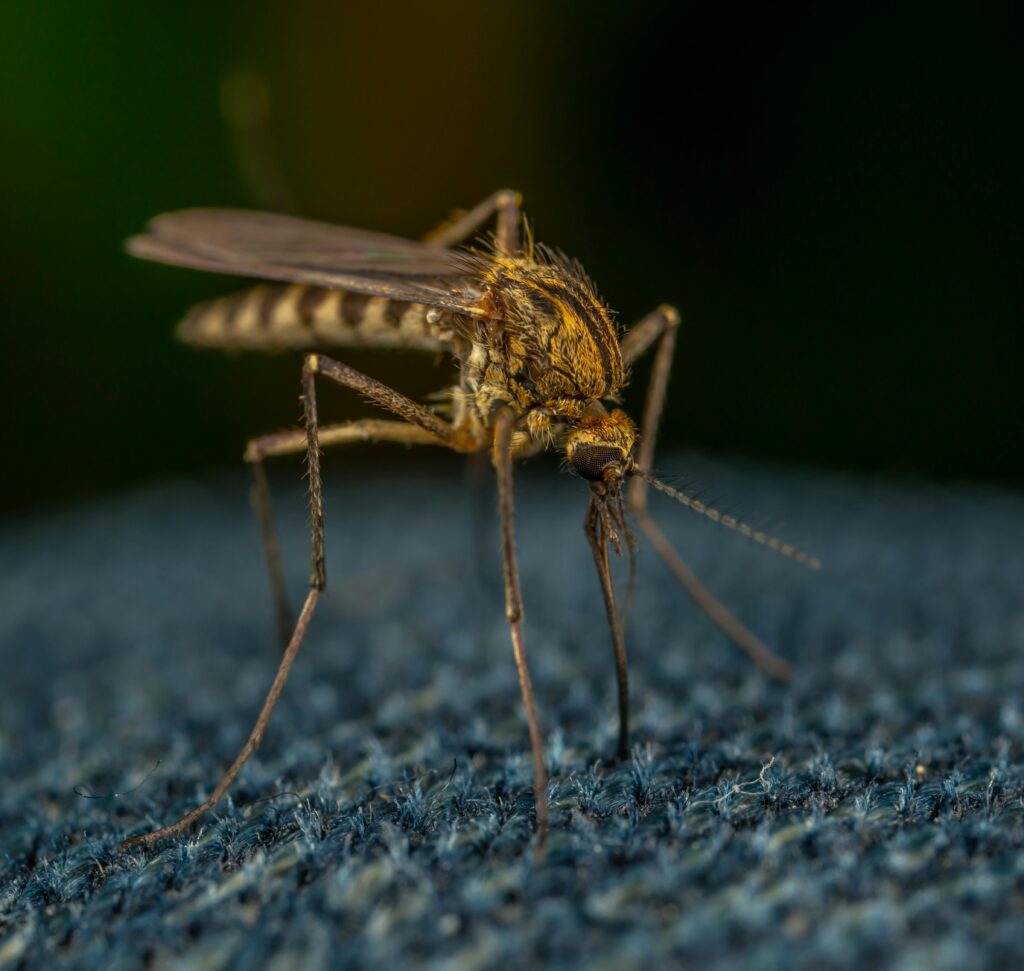The implementation of a new dengue virus lineage naming system is a pivotal advancement in tracking the global spread of dengue and enhancing vaccine development efforts. Just as genomic surveillance has been critical in managing SARS-CoV-2 and influenza variants, this structured system will revolutionize how scientists across the world monitor dengue’s evolving strains, improving public health responses and vaccine efficacy.

Understanding the Need for Genomic Surveillance of Dengue
Dengue fever, a mosquito-borne disease, has seen an alarming rise in infections, with over 12 million cases reported worldwide in 2023 alone. Spread by Aedes aegypti mosquitoes, the virus causes severe flu-like symptoms such as high fever, body pain, and rash, and can be fatal in extreme cases. Though it primarily affects tropical and subtropical regions, countries like the U.S. and Italy, which previously saw few or no dengue cases, have now begun to experience outbreaks.
Tracking the virus effectively requires identifying and categorizing new viral strains. Historically, dengue has lacked a cohesive system for naming its many variants, complicating efforts to study the virus globally. Researchers often used different names for the same viral strains, making global comparisons and tracking difficult. This confusion hindered the efforts to monitor how specific variants spread and impacted vaccine development.
Yale-Led Initiative for a New Naming System
In response to this challenge, researchers from Yale School of Public Health (YSPH), led by Nathan Grubaugh and Verity Hill, spearheaded a global collaboration to create a standardized system for naming dengue variants. Their approach draws inspiration from how SARS-CoV-2 variants were tracked during the COVID-19 pandemic. By establishing a universal dengue lineage classification system, they’ve made it possible for scientists around the world to refer to variants using the same terms, allowing for more streamlined research and monitoring.
This new system introduces two levels of sub-genotypes: major and minor lineages. These finer categorizations provide greater detail about the virus’s genetic diversity and allow for more accurate regional tracking. This can help researchers spot emerging lineages sooner, track their spread across regions, and evaluate their impact on current and future vaccine strategies. In short, this added precision allows scientists to better understand how various dengue strains are evolving and impacting different geographic areas.
Global Collaboration for Better Data and Improved Vaccine Development
Collaboration with 14 other countries ensured that the new system would be accepted and adopted internationally. One of the major advantages of this system is its ability to track dengue lineages with more granularity. For instance, in a country like Brazil, which has seen one of the largest dengue outbreaks, the system helps differentiate between various circulating lineages. This differentiation is crucial in predicting outbreak trends and preparing public health responses.
Another significant outcome of this system is its impact on vaccine development. Dengue vaccines, such as the one recently rolled out in Brazil, rely on understanding which viral strains are circulating. By pinpointing these lineages, scientists can develop vaccines that better target the most prevalent and dangerous strains. As the virus evolves, tracking these changes will help adjust vaccines accordingly, potentially preventing more severe outbreaks in the future.
A Global Resource for Tracking and Research
To support this initiative, the researchers have launched a comprehensive online resource where scientists can access information on the new naming system, share their own data, and propose new lineages. This database will be continuously updated with input from global researchers, ensuring that the system stays relevant as new lineages emerge. A committee will review and approve newly proposed lineages on an annual basis, ensuring the system remains standardized and useful for years to come.
In conclusion, the introduction of this new dengue virus lineage naming system is a game-changer in the fight against this rapidly spreading virus. By providing scientists with a universal language for identifying and tracking dengue strains, it offers a clearer understanding of how the virus spreads, evolves, and can be combated with vaccines. With global cases on the rise, especially in previously unaffected regions, this system is a crucial tool in safeguarding public health and improving vaccine development.
This new naming system, introduced by Yale and its international partners, promises to significantly improve dengue virus surveillance and response, potentially saving countless lives across the world.
For more information, visit PLOS Biology.
